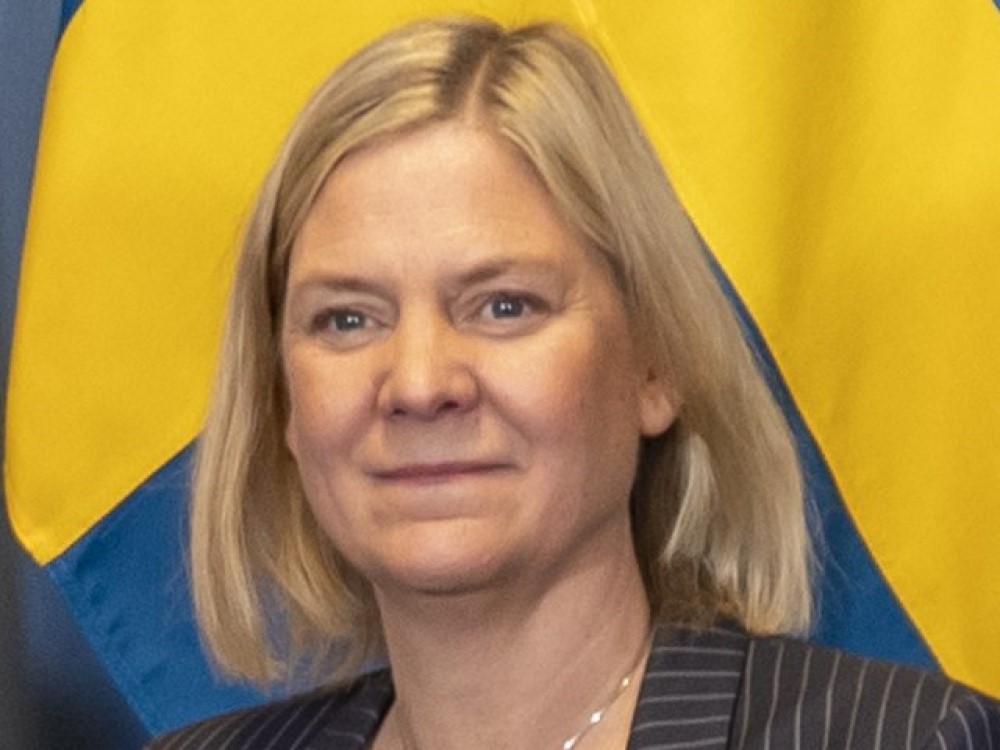
Magdalena Andersson is the first female prime minister of Sweden and the country's first female head of government since Queen Ulrika Eleonora abdicated in 1720. She took her position on November 24, 2021, a historic year that marked the centennial of Swedish women winning the right to vote. Andersson’s victory didn’t come without setbacks, however. Just seven hours after she was first elected, she issued her resignation.
Andersson stepped down after a budget defeat in parliament that caused a coalition partner, the Green Party, to pull out. The Associated Press reported that the government had rejected its own budget proposal to instead embrace that of the opposition, which included the right-wing populist Democrats. Andersson said at a news conference that she did not "want to lead a government where there may be grounds to question its legitimacy."
Andersson decided she would still be interested in leading a Social Democratic one-party government, and, after a second election on November 29, 2021, she won again by a narrow margin of two votes, thus making her the first female Prime Minister twice. The chaotic series of events was so unusual that commentators dubbed it “Super Wednesday.”
Andersson has a background that has prepared her to take Sweden forward from that rocky start. She studied social sciences during high school and earned her master's degree in 1992 from the Stockholm School of Economics. She also studied abroad at the Institute of Advanced Studies in Vienna during autumn 1994 and at Harvard University during spring 1995. She was then employed by the Prime Minister’s Office as a political advisor to Göran Persson from 1996 to 1998. From there, she became Secretary of State in the Ministry of Finance, and, after serving again as a political advisor, was elected as the Chief Director of the Swedish Tax Agency. In 2014, she was appointed to the role of Minister for Finance.
Her current platform is focused on welfare, climate change, and crime. Her new government will be in place until Sweden's next general election, which is scheduled for September. This past December she said, "I don't see this as the start of 10 months, I see this as the start of 10 years."
